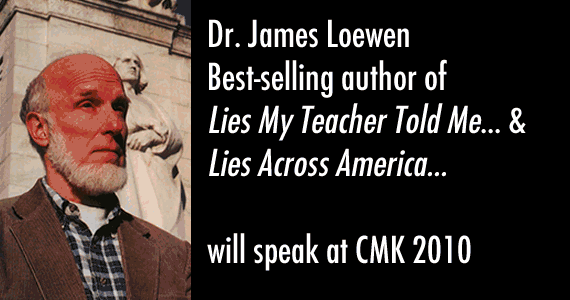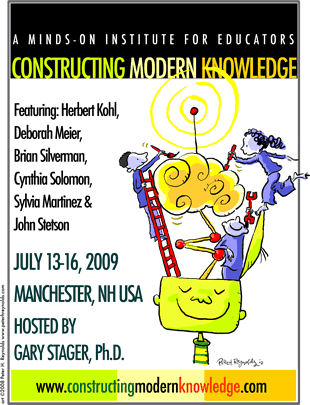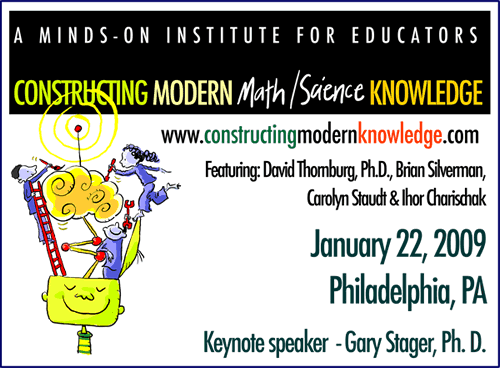 Today we are happy to announce the release of a new whitepaper written by Jonathan D. Becker, J.D., Ph.D. Associate Professor of Educational Leadership at Virginia Commonwealth University, with Cherise A. Hodge, M.Ed. and Mary W. Sepelyak, M.Ed. Dr. Becker is an expert researcher in achievement and equity effects of educational technology and curriculum development.
Today we are happy to announce the release of a new whitepaper written by Jonathan D. Becker, J.D., Ph.D. Associate Professor of Educational Leadership at Virginia Commonwealth University, with Cherise A. Hodge, M.Ed. and Mary W. Sepelyak, M.Ed. Dr. Becker is an expert researcher in achievement and equity effects of educational technology and curriculum development.
Assessing Technology Literacy: The Case for an Authentic, Project-Based Learning Approach (PDF)
This whitepaper takes a comprehensive look at the research, policies, and practices of technology literacy in K-12 settings in the United States. It builds a research-based case for the central importance of “doing” as part of technology literacy, meaning more than just being able to answer canned questions on a test. It also explores the current approaches to develop meaningful assessment of student technology literacy at a national, state, and local level.
Where “doing” is central to students gaining technological literacy, traditional assessments will not work; technological literacy must be assessed in ways that are more authentic.
Building on this definition, the whitepaper connects project-based learning and constructivism, which both hold “doing” as central to learning, as the only authentic way to assess technology literacy.
True project-based assessment is the only way to properly assess technological literacy.
Finally, it examines our TechYES Student Technology Literacy Certification program in this light.
A review of existing technology literacy models and assessment shows that the TechYES technology certification program, developed and implemented by the Generation YES Corporation using research-based practices, is designed to provide educators a way to allow students to participate in authentic, project-based learning activities that reflect essential digital literacies. The TechYES program includes an excellent, authentic, project-based method for assessing student technology literacy and helps state and local education agencies satisfy the Title II, Part D expectations for technology literacy by the eighth grade.
This whitepaper can be linked to from our Generation YES Free Resources page, or downloaded as a PDF from this link.
Sylvia
PS – Share this important research with your PLN!
Tweet


 Deborah Meier was one. She was warm and grandmotherly, smart, and her presentation was amazing. And when I say presentation, it wasn’t a powerpoint. It was just her, standing in front of us recounting her own journey to becoming a progressive educator with insightful, interesting anecdotes that perfectly illustrated her points. Her appeal for a community-based approach to education and its connection to building our democracy was compelling and reinforced much of my work in regards to student voice.
Deborah Meier was one. She was warm and grandmotherly, smart, and her presentation was amazing. And when I say presentation, it wasn’t a powerpoint. It was just her, standing in front of us recounting her own journey to becoming a progressive educator with insightful, interesting anecdotes that perfectly illustrated her points. Her appeal for a community-based approach to education and its connection to building our democracy was compelling and reinforced much of my work in regards to student voice.


 There is a vast difference between being creative and creating something.
There is a vast difference between being creative and creating something.